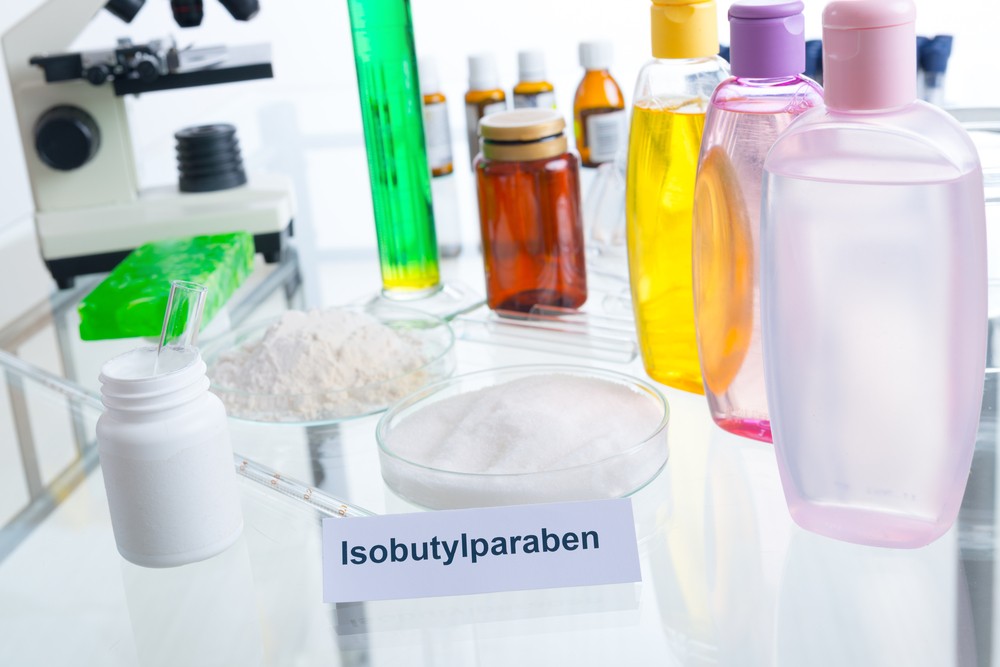Popular Reads
Top Results
Can't find what you're looking for?
View all search resultsPopular Reads
Top Results
Can't find what you're looking for?
View all search resultsThe truth about parabens
Change text size
Gift Premium Articles
to Anyone
P
arabens have become a hot topic in recent years with many different opinions, but do you know exactly what parabens are and how they impact your health?
Consumers need reliable information on parabens to clear up confusion, because, contrary to common belief, they are not toxic, cancer-causing or mutagenic.
What are parabens?
Parabens are used widely as preservatives in cosmetic and pharmaceutical items. They help combat the emergence of mold and bacteria, protect consumers and ensure the quality of the original products.
Chemically, parabens are esters of p-hydroxybenzoic acid. The most common parabens used in cosmetic products are methylparaben, propylparaben and butylparaben. Many personal care products have parabens as necessary ingredients, such as shampoos, shaving gels, individual lubricants, pharmaceuticals, makeup, lotion and toothpaste.
Misconceptions about parabens
Parabens were regarded as xenoestrogens―agents that imitate estrogen in the body. Estrogen unsettling influence has been associated with chest cancer risk and regenerative issues. This information was spread around in the 1990s.
After that, many researchers claimed that parabens had negative health effects, such as causing cancer. In 2004, British development researcher Philippa Darbre found parabens present in malignant breast tumors and suggested we should limit paraben levels in cosmetics.
Consumers began to hear about parabens as the cause of allergic reactions, breast cancer, estrogenic activity and sun exposure. Cosmetics brands lost a lot of profits over the issue, so they began to produce organic cosmetics without them. However, up until now, no professional studies have proven that parabens cause cancer or other diseases.
(Read also: Going natural for radiant skin)
The truths about parabens
Should you avoid parabens? Of course having too much of anything can be harmful, but a small amount of parabens in your products is unlikely to damage your health.
In 1984, the Cosmetic Ingredient Review organization said parabens were safe ingredients to use in cosmetic products. However, after the aforementioned research in 2004, the Cosmetic Ingredient Review conducted further research in 2005 to confirm the impact of parabens on health. According to many studies on babies and women, very small amounts of parabens in products cannot lead to cancer or harm your health.
There are two ways that parabens are absorbed into the body: through the skin and through the mouth. Cosmetics, beauty and personal care products have parabens that enter into the body through the skin. After that, all parabens are “completely metabolized before they enter the circulation system” and discharged in urine.
International Safety Assessments of parabens
Many international organizations have studied the effect of parabens on the skin. In the US, the American Cancer Society and the FDA have looked at parabens from an experimental and medicinal viewpoint. They concluded that parabens in cosmetics could not damage your health. There is no reason buyers should worry about this chemical in their personal care products. Health Canada, the Canadian FDA-equivalent, also found that, "currently, there is no evidence to suggest a causal link between parabens and breast cancer."
All products, including organic ones, actually contain parabens. Nourishments, for example, soy, beans, flax, fruits, blueberries, carrots and cucumbers produce them. (kes)












